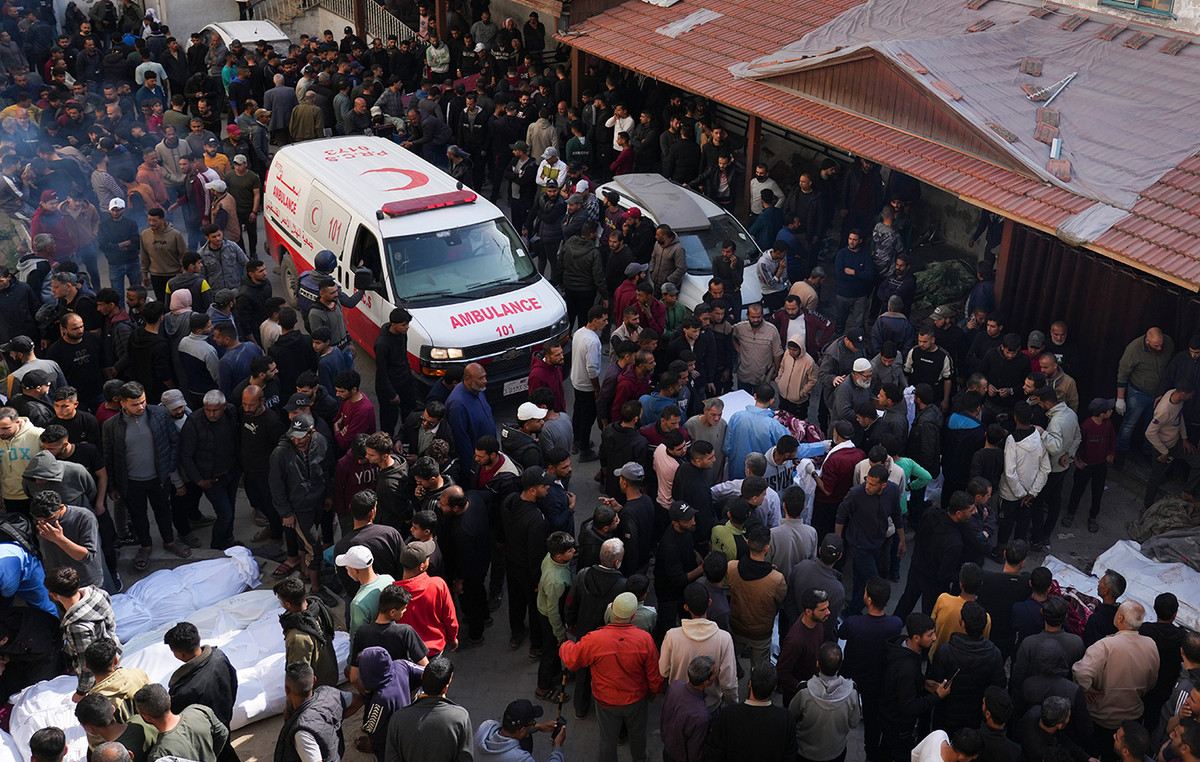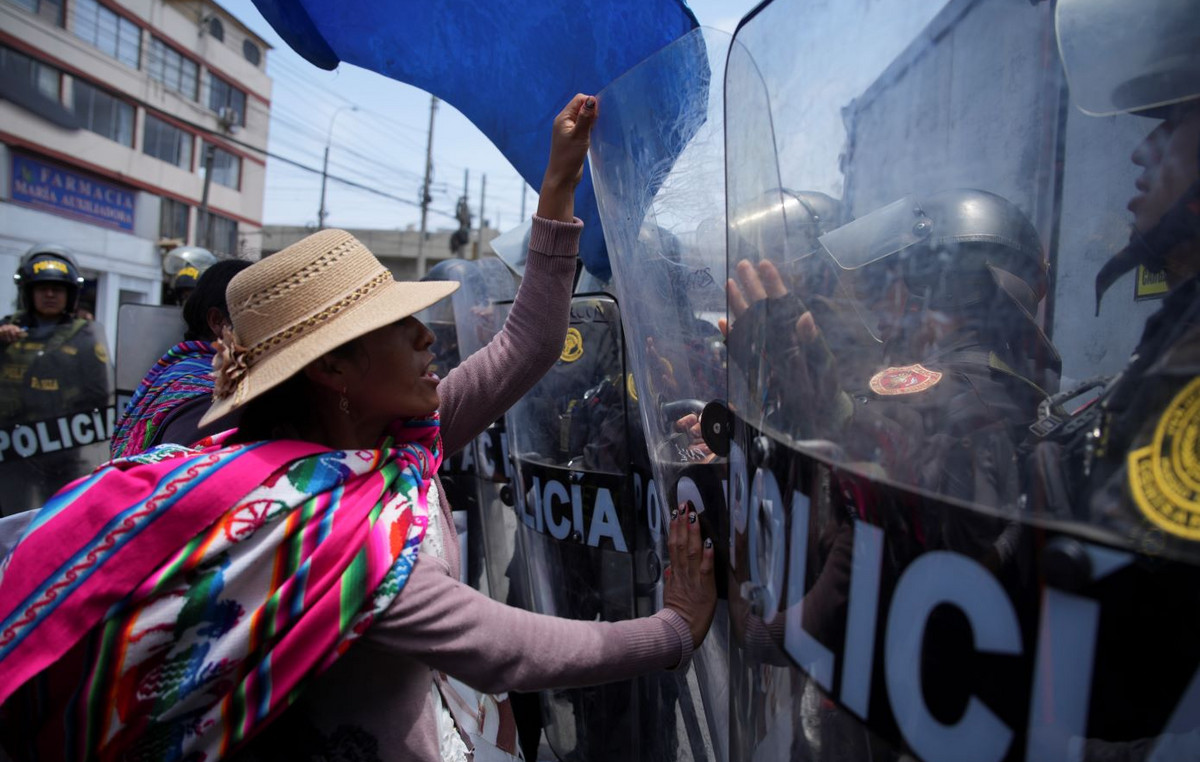Premature birth has become the leading cause of child deaths, accounting for 1 in 5 of all deaths before the age of five. Between 2010 and 2020, the world recorded 152 million births premature babies according to a new report by the World Health Organization (WHO) and the United Nations Children’s Fund (Unicef) released this Tuesday (9).
An estimated 13.4 million babies were born prematurely in 2020, with nearly 1 million dying from complications, according to the report. This equates to about 1 in 10 babies born prematurely, which is considered to be before 37 weeks of pregnancy, worldwide. Meanwhile, premature survivors may face lifelong health consequences, with an increased likelihood of disability and developmental delays.
The report produced by the WHO and Unicef in partnership with the PMNCH, a global alliance for women, children and adolescents, sounds the alarm about a “silent emergency” of premature birth, which has not yet been recognized in its scale and severity, which impedes progress in improving the health and survival of children.
The document includes updated WHO and UNICEF estimates, prepared with the London School of Hygiene and Tropical Medicine, on the prevalence of preterm births. Overall, it concludes that preterm birth rates have not changed in any region of the world over the past decade, with 152 million vulnerable babies born preterm from 2010 to 2020.
survival gaps
The new report provides a comprehensive overview of the prevalence of premature births, as well as impacts on women, children and society. According to the publication, the place where babies are born is a determining factor for survival.
“After every untimely death there is a trail of loss and heartbreak. Despite the many advances the world has made in the last decade, we have not made any progress in reducing the number of babies born too soon or in preventing the risk of death. The cost is devastating. It’s time to improve access to care for expectant mothers and premature babies and ensure every child has a healthy start and thrives in life,” Steven Lauwerier, Director of Health at UNICEF, said in a statement.
The document points out that only 1 in 10 extremely premature babies (less than 28 weeks) survive in low-income countries, compared to more than 9 in 10 in high-income countries. In addition, large inequalities related to race, ethnicity, income and access to quality care determine the likelihood of premature birth, death and disability, even in high-income countries.
South Asia and sub-Saharan Africa have the highest rates of preterm birth, with children in these regions facing the highest risk of mortality. Together, these two regions account for more than 65% of premature births worldwide.
The report also highlights that the impacts of conflict, climate change and environmental damage, Covid-19 and the rising cost of living are increasing risks for women and babies in all countries. It is estimated that air pollution contributes to 6 million premature births each year. Nearly 1 in 10 premature babies are born in the 10 most fragile countries hit by humanitarian crises, according to a new analysis of the report.
“Ensuring quality care for these smallest and most vulnerable babies and their families is absolutely imperative to improving child health and survival. Progress is also needed to help prevent premature births – that means every woman should have access to quality health services before and during pregnancy to identify and manage risks,” said Anshu Banerjee, director of Maternal, Neonatal, Child Health. and Adolescent and Aging WHO, in a press release.
Maternal health risks, such as teenage pregnancy and pre-eclampsia, are closely linked to premature births. In this context, experts highlight the need to ensure access to sexual and reproductive health services, including effective family planning, with high-quality care during pregnancy and childbirth.
Activism
In the analyzed decade, there was an increase in community activism on premature birth and stillbirth prevention, driven by networks of parents, health professionals, academia and civil society.
According to the report, across the world, groups of families affected by preterm birth have been at the forefront of advocating for access to better care and changing policies and supporting other families.
WHO, UNICEF and other institutions encourage countries to implement actions to improve care for women and newborns and reduce the risk of premature births.
Among the measures are the increase in investments, the fulfillment of goals for the implementation of public policies in the area, integration between sectors and support for innovation and research.
Source: CNN Brasil
I am an experienced journalist and writer with a career in the news industry. My focus is on covering Top News stories for World Stock Market, where I provide comprehensive analysis and commentary on markets around the world. I have expertise in writing both long-form articles and shorter pieces that deliver timely, relevant updates to readers.






